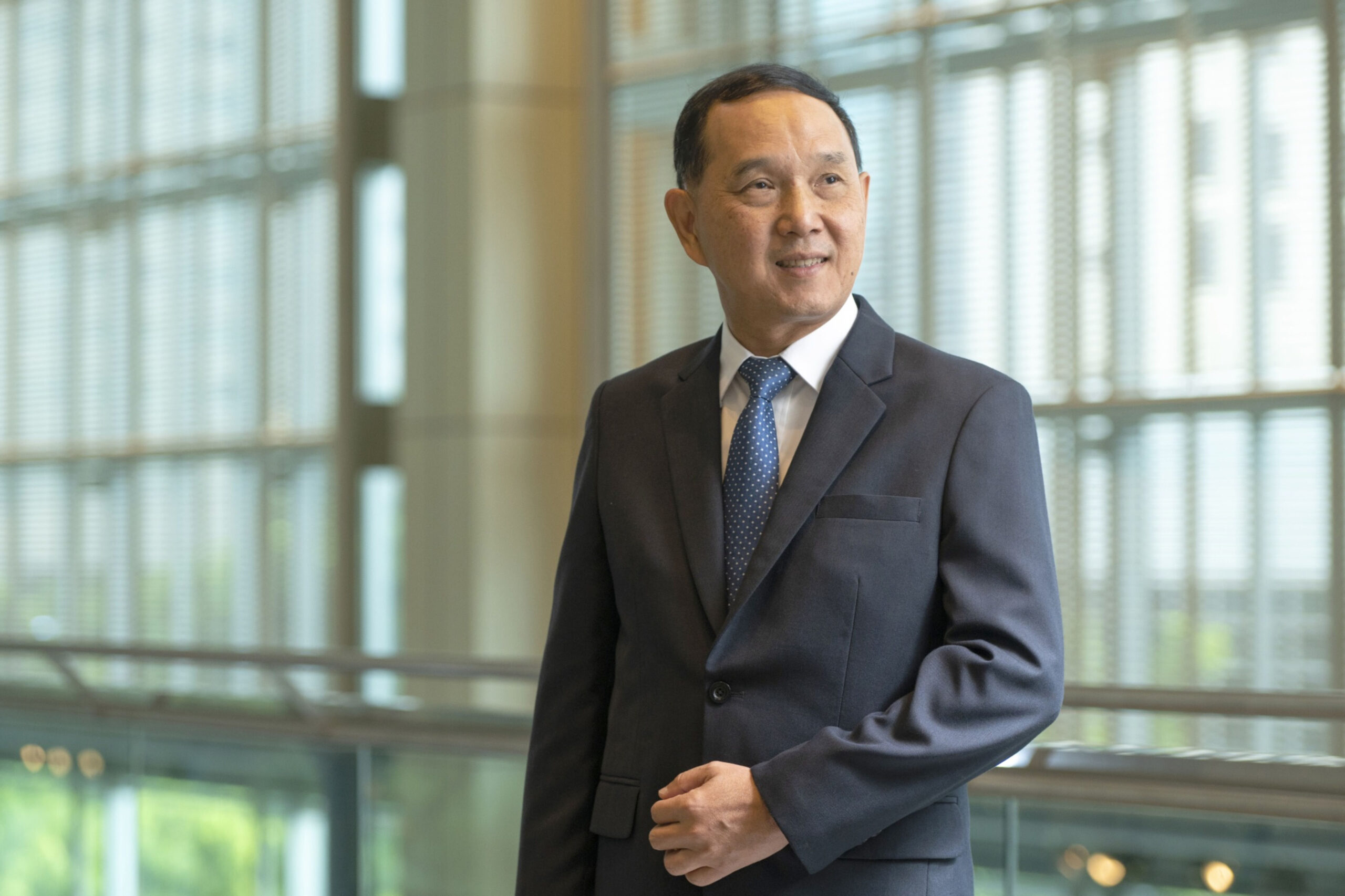BANGKOK (BLOOMBERG) – Thai Airways International Plc is considering a possible order for as many as 90 mostly widebody aircrafts from Airbus SE and Boeing Co as part of a long-term fleet renewal, according to people familiar with the matter.
The airline intends to add as many as 80 twin-aisle jets in a mix of firm orders, options and purchase rights, said the people, asking not to be identified because the discussions are private. It is also closing in on a deal to lease about a dozen smaller narrowbodies, some of the people said.
The carrier hasn’t decided on the final composition of the deal, and the contours of an order could still change, some of the people said, adding that an agreement might come in the next few weeks. Representatives for Boeing didn’t respond to a request for comment, while Airbus said it doesn’t discuss customer negotiations before they’re announced.
An order of that magnitude would extend a rush for widebody aircraft this year as airlines look to renew their fleets with more modern, fuel-efficient engines. Boeing brought back a huge order from Emirates this month at the Dubai Air Show, and Airbus has won an unprecedented number of commitments for its A350 model this year.
Thai Airways Chief Executive Officer Chai Eamsiri said in an interview in June that the airline would formally send out a so-called request for proposal to both Airbus and Boeing that month for aircraft it expects to receive starting in 2026. At the time, the CEO said he’s in the market for about 30 new widebody jets as well as well as several more A321neos for its regional Thai Smile unit.
The airline declined to comment on the latest discussions.
One of the people said the order may consist of as many as 40 aircraft from Boeing, most likely the 787 Dreamliner model.
An Airbus order hinges on engine-maker Rolls-Royce Holdings Plc, the sole-supplier for A350 and A330neo jets, the people said. Eamsiri has criticised Rolls Royce for its tougher stance on pricing.
Thai Airways operates about 65 aircraft, down from 103 before the COVID-19 pandemic, and is still in a court-supervised debt-rehabilitation plan after filing for bankruptcy protection in 2020. More than 50 per cent of its staff were laid off as part of an overhaul.
On November 10, the company reported a fourth-straight quarterly profit for the first time in its history. Thai Airways aims to exit its debt restructuring next year.



